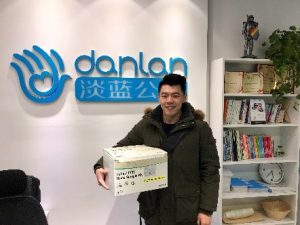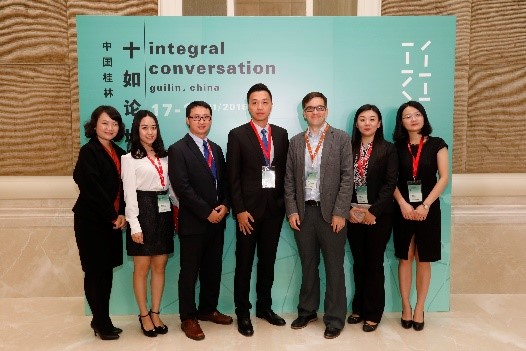The Doris Duke International Clinical Research Fellowship will support a medical student interested in working with the UNC Project-China research team. This is a 10 – 12 month opportunity. Applications are due December 15.


Students typically conduct a research year between the 3rd and 4th year of medical school. Proficiency in Mandarin or Cantonese is preferred, but not required. Students will work in Guangzhou, Shenzhen, or Beijing, depending on the project. Contact Kathryn Salisbury (kathryn_salisbury@med.unc.edu) to discuss the opportunity.
Duration: 10-12 month appointment between July 2020-June 2021. Expenses covered: Stipend, health insurance, research funds, and travel
Application due date: December 15, 2019
Examples of mentored research opportunities:
Social entrepreneurship to spur health (SESH, www.seshglobal.org):This project uses crowdsourcing to promote HIV testing among key populations. Crowdsourcing is the process of having a large group, including experts and non-experts, solve a problem, and then share the solution with the public. Mentors: Joe Tucker, MD, PhD; Fan Yang, PhD. Site: Guangzhou, Shenzhen
Partner Service: Partner Services (PS), the process of informing potential risk of exposure to sexual partners, is a cornerstone of HIV prevention. However, barriers from both health providers and index patients limit its efficacy. Identifying an innovative method to improve the efficacy of PS is critical for HIV control in China and other middle-income countries. This project will apply community-based participatory research (CBPR) principles to develop the PS intervention via crowdsourcing and uses an RCT to test impact of crowdsourced PS with conventional PS on promoting HIV testing uptake among partners of newly identified MSM cases. Mentors: Weiming Tang, MD, PhD; Joe Tucker, MD, PhD Site: Guangzhou
Secondary Distribution of HIV self-testing: Secondary distribution of HIV self-testing (HIVST) integrates the social networks-based strategies and HIV self-testing. It utilizes the social capital of individuals, especially the popular opinion leaders (POLs) to influence a large number of individuals. Mentors: Joe Tucker, MD, PhD; Weiming Tang, MD, PhD. Site: Guangzhou
MSM-Competent Services Project: Many MSM have difficulty finding MSM-competent physicians who provide evidence-based services. This project will develop a pilot m-health platform to help link MSM and MSM-competent physicians. This project is in partnership with the Shenzhen Nanshan District Centers for Disease Control.Mentors: Joe Tucker, MD, PhD, Zhenzhuo Luo, MS, Chongyi Wei, DrPH. Site: Guangzhou and Shenzhen
Chlamydia infection in pregnancy: This UNC – Dermatology Hospital of Southern Medical University collaboration examines the impact of untreated Chlamydia infection on adverse pregnancy outcomes in Guangdong, China. This study also aims to reduce adverse pregnancy outcomes through screening and other intervention strategies. Mentors: Bin Yang, PhD; Shixing Tang, PhD; Heping Zheng, PhD; Joe Tucker, MD, PhD; and Weiming Tang, MD, PhD. Site: Guangzhou, Shenzhen
Syphilis Self-testing and HCV self-testing: China has rapidly scaled up HIV self-testing, creating an opportunity for integrated syphilis self-testing and HCV self-testing. Syphilis/ HCV self-testing may help expand syphilis/HCV testing among men who have sex with men (MSM). This project uses RCTs to test the effectiveness of Syphilis/HCV self-testing among MSM. Mentors: Cheng Wang PhD; Joe Tucker, MD, PhD; Bin Yang, MD; Weiming Tang, PhD. Site: Guangzhou
Immunobiology and global sequencing of syphilis: The global clinical research consortium for syphilis vaccine development aims to characterize TPA genomic sequences and catalog the global repertoire of TPA outer membrane proteins based on strains circulating in affected populations. Mentors: Arlene Sena, MD; Heping Zheng, PhD. Site: Guangzhou